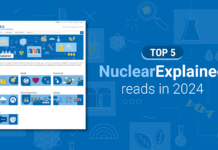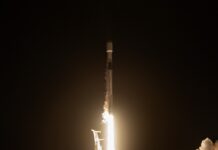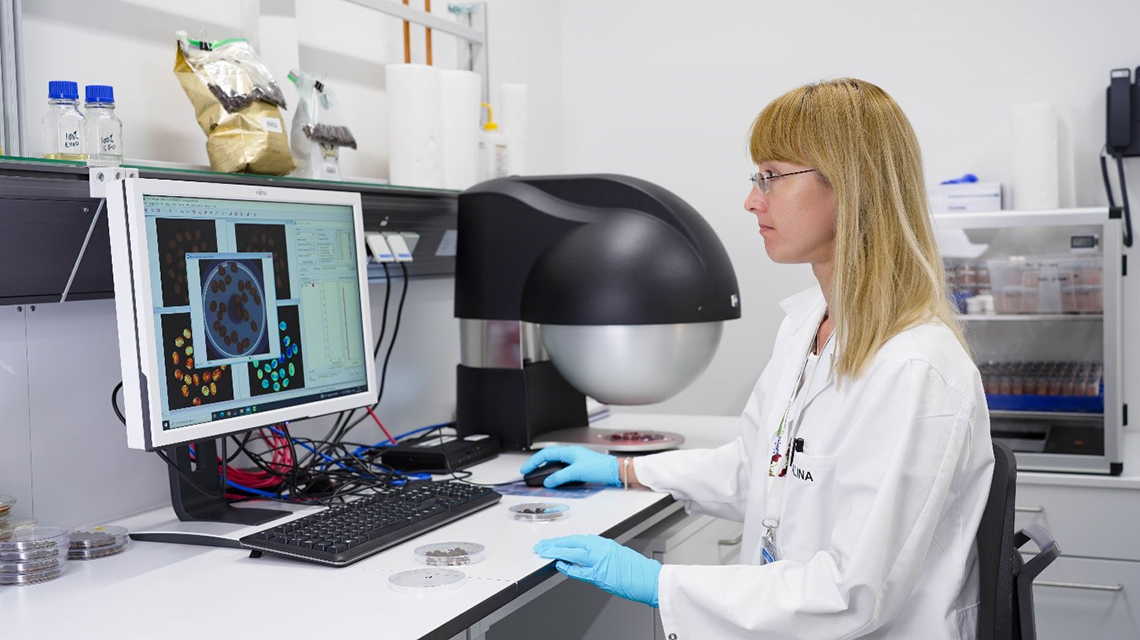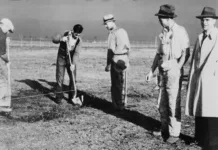Celebrating 60 Years of Innovation: The Impactful Journey of the Joint FAO/IAEA Centre
The Joint FAO/IAEA Centre is celebrating its 60th anniversary, marking six decades of groundbreaking innovation and international collaboration. This milestone highlights the pivotal role that science and cooperative efforts across nations play in addressing the global challenges associated with transforming agrifood systems. The Centre is committed to finding innovative solutions to ensure access to nutritious and safe food for an ever-growing world population, all while reducing the environmental impact of agriculture and tackling the pressing issues posed by climate change.
Unveiling the Atoms4Food Initiative
In a significant move to boost global food production and enhance food and nutrition security, the International Atomic Energy Agency (IAEA) and the Food and Agriculture Organization (FAO) introduced the Atoms4Food initiative in 2023. This initiative was unveiled during the World Food Forum and focuses on offering bespoke strategies in the realms of food and agriculture. The Atoms4Food initiative is designed to assist countries in leveraging cutting-edge nuclear techniques to improve agricultural productivity. By doing so, it aims to strengthen the resilience of agrifood systems, boost food production, enhance food safety, and address the various challenges posed by climate change.
Nuclear Techniques in Agriculture: A Game Changer
One of the central aspects of the Atoms4Food initiative is the application of nuclear techniques in agriculture. These methods are often misunderstood, so let’s break them down in simpler terms. Nuclear techniques in agriculture involve the use of radiation and isotopes to improve crop yield, manage pests, and ensure food safety. For instance, radiation can be used to induce mutations in plants, leading to the development of crop varieties that are more resilient to climate change and pests. Additionally, isotopes can help in understanding soil and water management practices, ensuring that resources are used more efficiently.
The Role of Research and Development
The Joint FAO/IAEA Centre is dedicated to driving innovation by fostering research geared towards development. This involves not only creating new technologies but also enhancing capacity development and knowledge sharing among countries. By doing so, the Centre ensures that nations are equipped with the necessary tools and knowledge to tackle their unique agricultural challenges. Strengthening partnerships is another key focus, as collaboration across borders is crucial in addressing global issues effectively.
Enhancing Food Safety and Security
Food safety is a critical component of the Centre’s mission. Unsafe food can lead to a multitude of health problems, and ensuring the safety of food supplies is paramount. The Centre works on developing methods to detect and eliminate contaminants from food, ensuring that the food reaching consumers is safe and nutritious. This is particularly important as the global population continues to rise, and the demand for food increases.
Addressing Climate Change Challenges
Climate change poses a significant threat to agriculture and food security. Changes in temperature and weather patterns can disrupt food production, leading to shortages and increased prices. The Joint FAO/IAEA Centre is actively involved in researching ways to mitigate the effects of climate change on agriculture. This includes developing crop varieties that can withstand extreme weather conditions and improving water management practices to ensure that crops receive the right amount of water at the right time.
Building Capacity and Sharing Knowledge
A major part of the Centre’s work involves building capacity in countries around the world. This means providing training and resources to help nations develop their agricultural sectors. By sharing knowledge and expertise, the Centre helps countries to implement the latest technologies and techniques, improving their food production and ensuring food security for their populations.
Strengthening Global Partnerships
Global challenges require global solutions, and the Joint FAO/IAEA Centre is committed to strengthening partnerships across the world. By working together, countries can share resources, knowledge, and expertise, tackling challenges more effectively than they could alone. The Centre plays a crucial role in facilitating these partnerships, bringing together nations to work towards common goals.
A Legacy of Innovation and Collaboration
As the Joint FAO/IAEA Centre looks back on its 60-year history, it reflects on a legacy of innovation and collaboration. The Centre has played a crucial role in transforming agrifood systems, ensuring that they are more sustainable, resilient, and capable of meeting the needs of a growing global population. Through initiatives like Atoms4Food, the Centre continues to lead the way in developing solutions to the complex challenges facing agriculture today.
Good to Know: The Broader Impact of the Joint FAO/IAEA Centre
The work of the Joint FAO/IAEA Centre extends beyond immediate agricultural challenges. By promoting sustainable agricultural practices and enhancing food security, the Centre also contributes to broader goals such as poverty reduction, economic development, and improved public health. As agriculture is a major source of income for many people in developing countries, improving agricultural productivity can have a significant impact on poverty reduction and economic development. Additionally, by ensuring that food is safe and nutritious, the Centre helps to improve public health, reducing the burden of foodborne illnesses and malnutrition.
Conclusion
In conclusion, the Joint FAO/IAEA Centre’s 60-year history is a testament to the power of innovation and international collaboration in addressing global challenges. Through initiatives like Atoms4Food and its ongoing commitment to research, capacity building, and partnership strengthening, the Centre continues to drive progress in transforming agrifood systems. As we face the challenges of the future, the Centre’s work will be more important than ever in ensuring that we can feed a growing population in a sustainable, safe, and nutritious way.
For more information on the Joint FAO/IAEA Centre and its work, you can visit the original announcement here.
For more Information, Refer to this article.


































